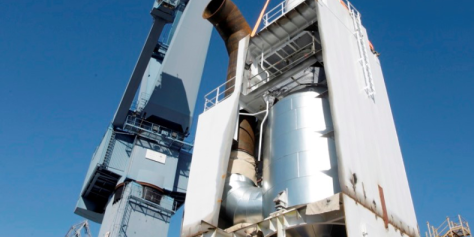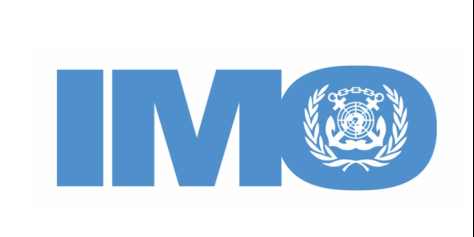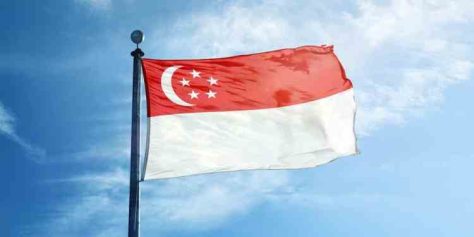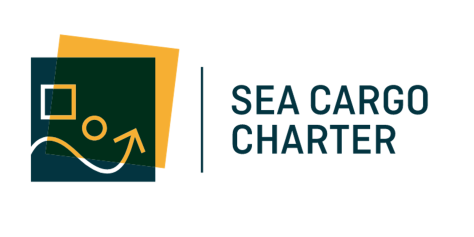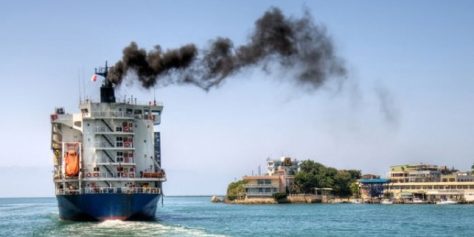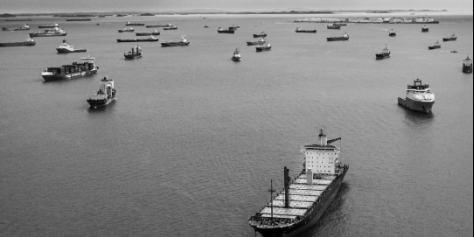The number of houses using exhaust gas cleaning systems, better known as "scrubbers", has grown from just three houses in 2008 to more than 4,300 in 2020. Although scrubbers are effective in reducing sulfur dioxide emissions ( SO2) in the air, sulfur and other pollutants removed from the exhaust gases - including carcinogens such as polycyclic aromatic hydrocarbons (PAHs) and heavy metals - are discharged overboard as wash water, also called flush water .
The Committee for the Protection of the Marine Environment of the International Maritime Organization (IMO) has approved draft new mandatory standards to reduce the carbon intensity of existing ships. The draft amendments to the MARPOL Convention would require ships to combine a technical and an operational approach to reduce their carbon intensity
The decarbonization of ships is actually the decarbonization of the bunkering. As the world's number one fueling port, Singapore has a vital role to play in the process. Successive Singapore governments, NGOs, and other agencies have supported a number of initiatives to move the nation and industry on the zero carbon path.
The Charter on the Shipping of Goods sets a new benchmark for responsible shipping, transparent climate reporting and improved decision-making in line with the United Nations decarbonization goals. A group of the world's largest energy, agriculture, mining and commodity trading companies will assess and disclose the climate alignment of their shipping activities for the first time.
Greenhouse, prepared for the International Maritime Organization by an international consortium made up of ten consultancies, research institutes and universities from four continents and directed by CE Delft (Netherlands), in alphabetical order ClassNK (Japan), Dalian Maritime University (China ), Fudan University (China), the Economic Research Institute Foundation, the University of São Paulo (Brazil), the International Council for Clean Transport, Manchester Metropolitan University (United Kingdom), the National Institute for Maritime Research, the National Institute of Maritime, Port and Aviation Technology (Japan), Purdue University (USA) and UMAS, University College London (UK).
Trafigura, one of the largest ship charterers in the world, proposes that the International Maritime Organization introduce a carbon tax of between $ 250 and $ 300 per metric ton of CO2 equivalent in fuels for shipping, in order to low and zero carbon fuels are more economically viable and more competitive.

